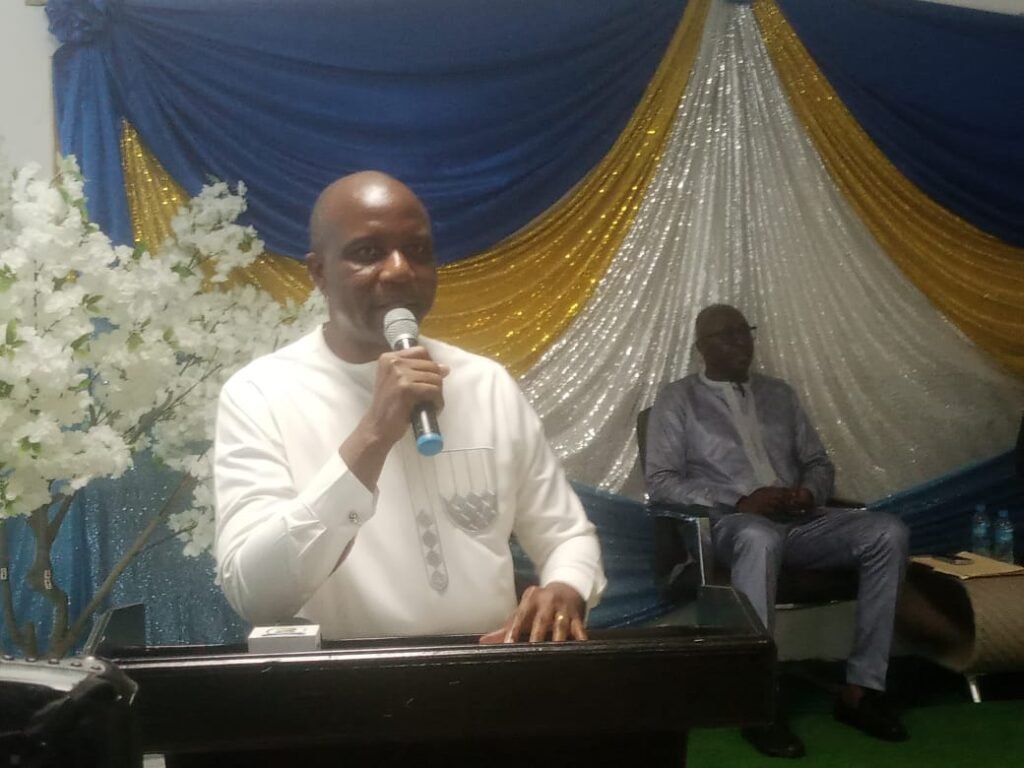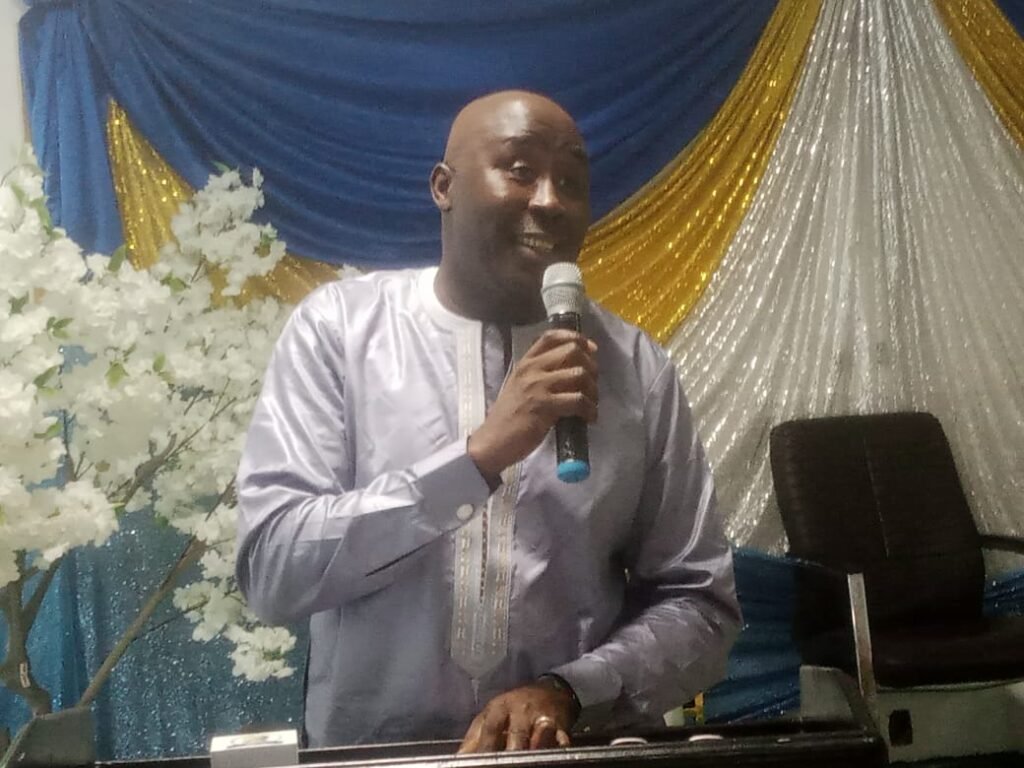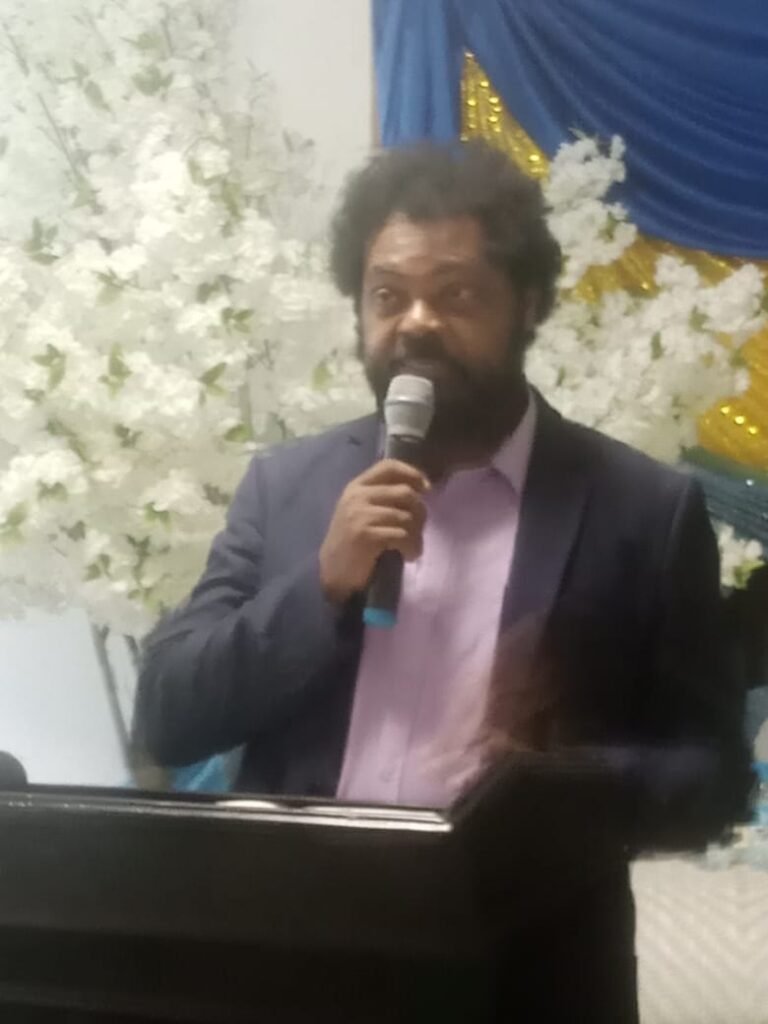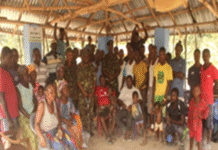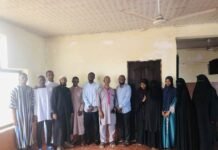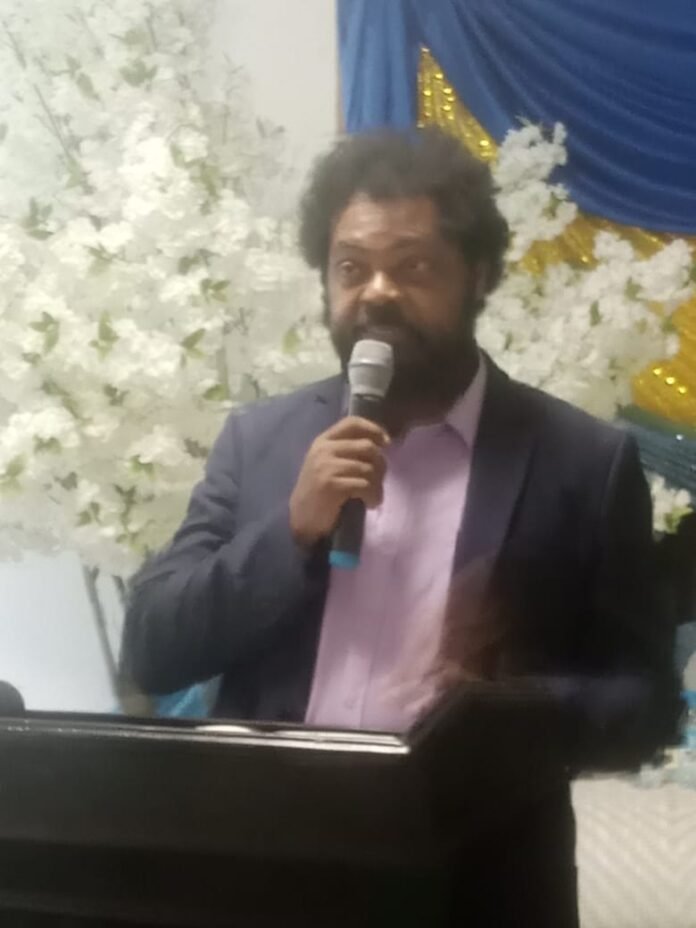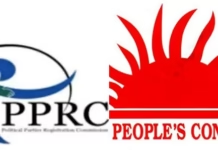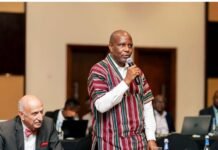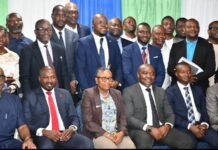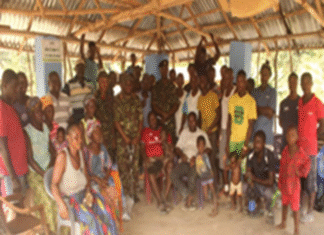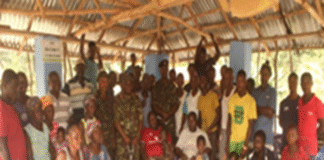The Director General of the National Social Security and Insurance Trust (NASSIT), Mohamed Fuaad Daboh, welcomed attendees to the 2025 NASSIT Press Seminar, emphasizing the event’s significance as an opportunity to reflect on progress, shape future objectives, and strengthen relationships with the media to enhance public understanding of social security in Sierra Leone.
In his opening remarks, Daboh expressed profound gratitude to the press for their unwavering support in disseminating accurate information, raising public awareness, and promoting transparency in NASSIT’s operations. He underscored the essential role the media plays in bridging the gap between NASSIT and the public, recognizing the media as vital partners in national development.
Mr. Daboh highlighted significant strides made by NASSIT in recent years, particularly regarding the implementation of digital service delivery platforms aimed at improving access to services, reducing benefits processing time, and enhancing overall efficiency. He acknowledged the expansion of outreach and education programs, which have led to increased compliance among both individuals and employers across various sectors.
However, Daboh noted ongoing challenges, particularly with employer compliance in sectors with a high concentration of foreign workers. He reiterated the importance of accountability, calling upon all stakeholders, especially the media, to assist in holding non-compliant employers accountable.
Looking towards the future, Daboh emphasized the necessity for inclusivity in social security initiatives. He announced NASSIT’s intensified efforts to establish a tailored insurance scheme for the informal sector, which comprises over 80% of the workforce. This initiative aims to provide sustainable social security solutions for informal workers and their dependents. The proposed scheme, developed by the Informal Sector Committee, will be flexible, affordable, and accessible, reflecting the unique dynamics of the micro-economy.
Daboh also mentioned the upcoming presentation of the Blueprint for this initiative to the Honourable Minister of Employment, Labour and Social Security, Mohamed Rahman Swarray, who chairs the Informal Sector Committee, for further review and action.
Concluding his address, Daboh reaffirmed NASSIT’s commitment to building a responsive, transparent, and inclusive social security system, emphasizing the importance of continued support and collaboration with the media to ensure that every worker is protected and every contribution counts.
In a parallel address, Ahmed Sahid Nasralla, President of the Sierra Leone Association of Journalists (SLAJ), highlighted the media’s role as a catalyst for change in society. He urged media owners to create content that resonates with various segments of the population, including market vendors, drivers, and community members, advocating for storytelling methods that effectively communicate NASSIT’s expanded coverage.
Nasralla emphasized the importance of viewing the media as strategic partners in policy communication and behavioural change rather than merely conduits for information. He announced SLAJ’s readiness to organize training sessions for journalists on social security issues to enhance their reporting capabilities and improve public outreach.
He concluded by expressing optimism for collaborative efforts to build a comprehensive social security system that leaves no one behind, wishing all participants a fruitful engagement during the seminar.
The Honorable Alpha Ibrahim Sesay, Minister of Trade and Industry, expressed his heartfelt gratitude to the National Social Security and Insurance Trust (NASSIT) for recognizing the crucial role of the media in shaping the national development narrative. He emphasized the significance of media engagement, particularly in addressing critical areas such as the informal sector, aligning with the government’s ambitious Big Agenda Five.
Minister Sesay highlighted that the informal economy employs over 70% of the workforce, predominantly comprising women, youth, and micro-entrepreneurs. Despite its substantial contribution to productivity, this sector remains largely unregulated, underserved, and often excluded from the mainstream financial, legal, and social protection systems.
He pointed out a troubling paradox: while the informal sector is a significant driver of economic productivity, it is also where economic vulnerabilities are most acute. Workers in this sector frequently lack access to essential services such as pension schemes, insurance, health care, legal protection, and financial tools necessary for business expansion, which has led to many not participating in pension programs.
Minister Sesay noted ongoing efforts to collaborate with Cooperatives, Market Women Associations, and the Petty Traders Union to ensure these groups are structured and registered, enabling them to benefit from government and donor-funded initiatives aimed at enhancing economic resilience.
Reiterating the media’s pivotal role, he urged journalists to raise awareness and educate the public on how the banking system operates. “The media is not just a mirror to society; it is a shaper of attitudes and perceptions by telling success stories,” he stated, reaffirming his ministry’s commitment to fostering inclusive economic growth.
In conclusion, Minister Sesay called for collaboration among the media, civil society, government, and business sectors to build a Sierra Leone where every entrepreneur is recognized, counted, protected, and empowered.
